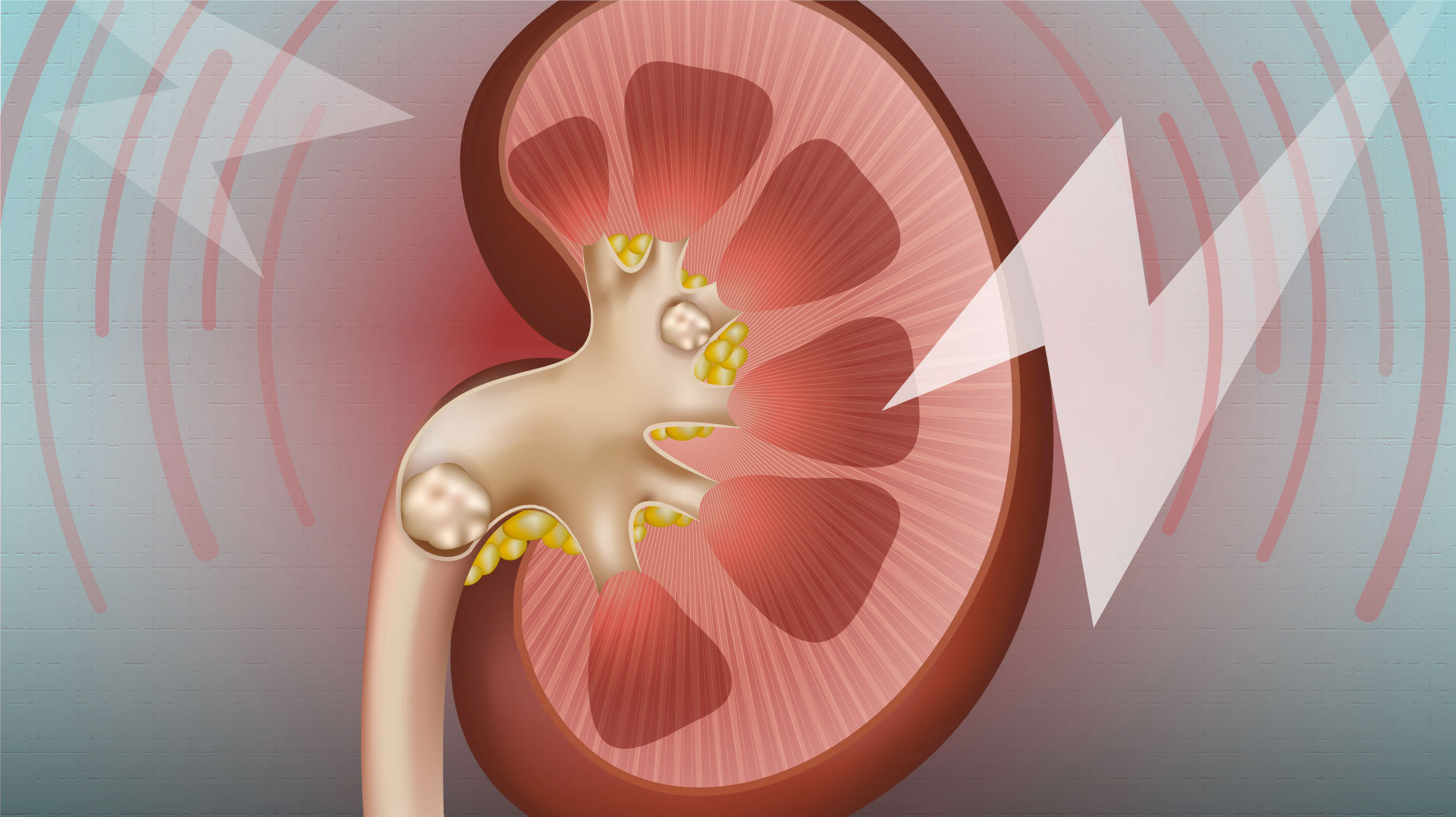Is Gatorade bad for your kidneys? Truth of Sports...
Added by Neal Mathews<p>Many individuals enjoy sipping Gatorade drinks to stay hydrated and energized...

Formation of a kidney stone is a common problem affecting many individuals worldwide. These are formed by hard minerals, salt, and calcium deposition and are excruciatingly painful when passed through the urinary tract.
Here we will discuss the stages along with how an individual feels while passing the kidney stone and prevention of the condition.
Our organ kidneys work very hard to flush off all the toxins from the body. If an individual has a lot of salt, chemicals, or other minerals in their body and they are not flushing it off through urine then there are chances of developing kidney stones. They can range in size from tiny grains to the size of a golf ball, and they can be smooth or hard.
In the first stage, the kidney starts forming a stone and it is quite painless. Most of the individuals will not feel anything. However, a person will start feeling pain when the kidney tries to remove the stone and it won’t stop trying until the stone enters the ureter, according to many people this is the worst and most painful condition.
Now the stone has entered the ureter in the second stage. A ureter is a tube that links the kidney to the bladder. Just like the kidney the ureter will also try to remove the stone and this process is excruciating an individual can also face other symptoms like vomiting and nausea.
The pain and discomfort subside during this stage when the stone reaches the bladder, but you will feel extreme pressure as your body is trying hard to remove this foreign object, and as a result, you will feel an urgent need to urinate frequently.
The stone will be flushed off the bladder through urine. It is advised to push hard once the stone reaches the opening of the urethra until it gets removed from the body. There will be no or minimal pain during this stage.
Different people experience differently. For some individuals, big stones may not cause any pain whereas for some a tiny stone can cause a lot of pain. Most people feel the worst pain when the stone enters in ureter leaving the kidney in the second stage. If the stone is really small it can easily pass all the stages without even hurting. On the other hand, a big stone can cause severe pain.
Once you have been diagnosed with a kidney stone there are 50% chance of recurring. However, the risk of recurrence can be prevented by making small changes in your diet and lifestyle. Some of the prevention tips are-
Drinking lots of water is the best prevention for developing a kidney stone. Consuming enough water will make your urine flow normal and less concentrated. Drink at least 8 glasses of water daily and try to include orange juice in your diet.
A high-sodium diet increases the calcium level in the urine, eventually increasing the chance of kidney stones. It is always recommended to intake a low-sodium diet to decrease calcium in the urine. Also, high sodium intake increases blood pressure and this can weaken the vessels of the kidneys.
A diet rich in fruits and veggies helps prevent the formation of kidney stones by increasing the level of urinary citrate in the body. This acid prevents calcium from sticking together and forming stones.
Consuming too much animal-based protein increases the risk of developing kidney stones. Along with limiting red meat, you should reduce the portion of eating fish, pork, chicken, and eggs.
Less calcium in your diet can lead to the formation of kidney stones. Try to include calcium-rich food like milk, yogurt, figs, cheese, almonds, and tofu in your diet.
According to a study, people who consume Vitamin C supplements have a higher chance of developing kidney stones over time. You can consume Vitamin C through natural sources, but while taking supplements it’s always best to follow the dosage as advised.
Oxalate is a natural compound that binds calcium together forming kidney stones. It is present in healthy foods like spinach, soya, and peanuts. Instead of excluding these foods from your routine, try to reduce their intake and consume lots of water.
Kidney stones are really painful and uncomfortable, but one can lower the risk of developing them by making small changes in diet and lifestyle. If you know about the process and stages the better you can deal with the problem.